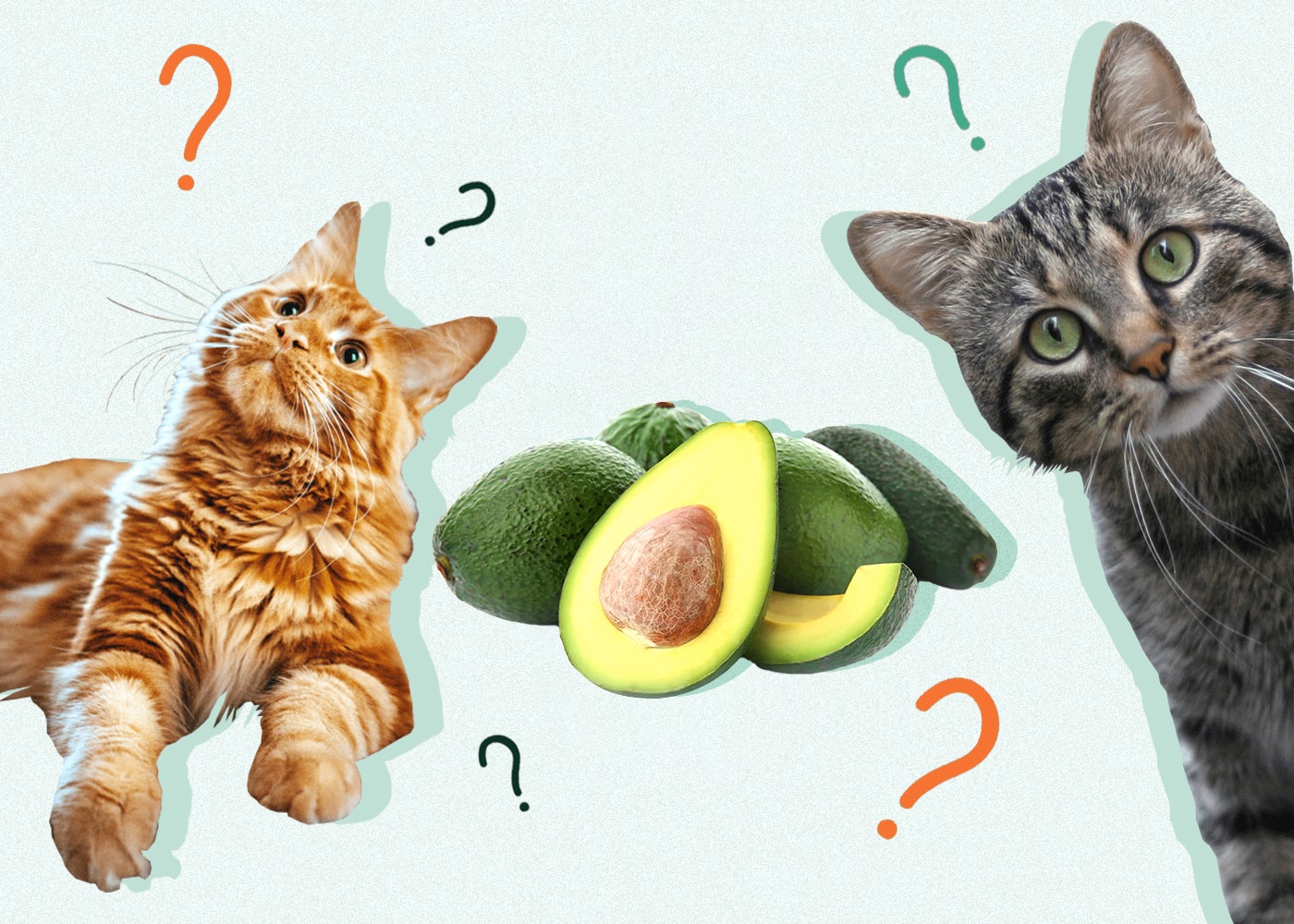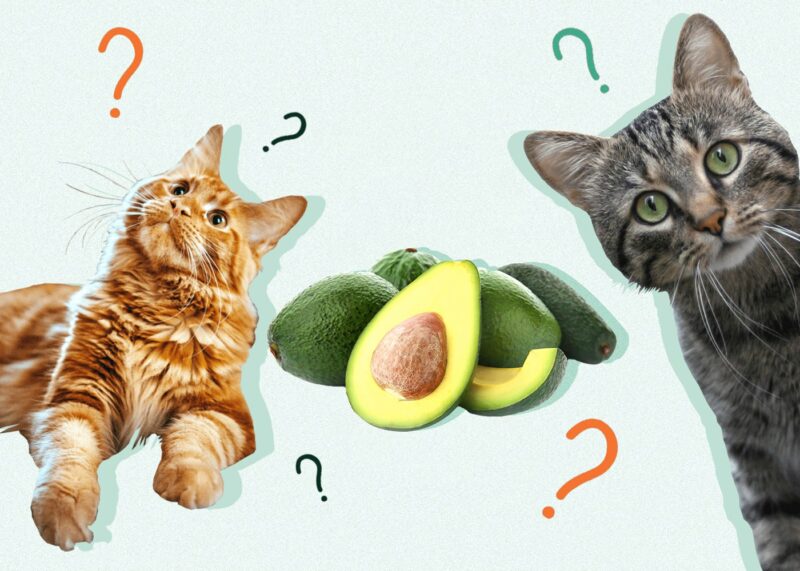Click to Skip Ahead
Avocados have several nutritional benefits for humans; they’re low in sugar and packed with healthy vitamins and minerals. They’re considered great for heart health and may help lower inflammation.
Avocados can be made into dips like guacamole, added to salads, and substituted for dairy products. Because they have so many health benefits for people, you may wonder if they’re okay for cats to eat.
Avocados are not suitable for cats since they’re high in fat and calories. There’s also the potential for cats to develop intestinal blockages if they swallow part of an avocado seed or peel. Similarly, there is a potential for persin toxicity, though the reality is a slightly different story. Read on to learn more.
Why Shouldn’t Cats Eat Avocado?
Eating avocados frequently can lead to weight gain in cats. Weighing too much is a significant health issue in cats, as it increases their risk of developing chronic conditions such as cancer, diabetes, and arthritis.
Being overweight can also lower cats’ life expectancies, and pets that maintain a healthy weight often live longer than those carrying extra pounds.
Cats can theoretically develop abdominal and esophageal obstructions if they swallow large chunks of avocado seeds. Consuming the skin can also potentially cause gastrointestinal blockages in cats.
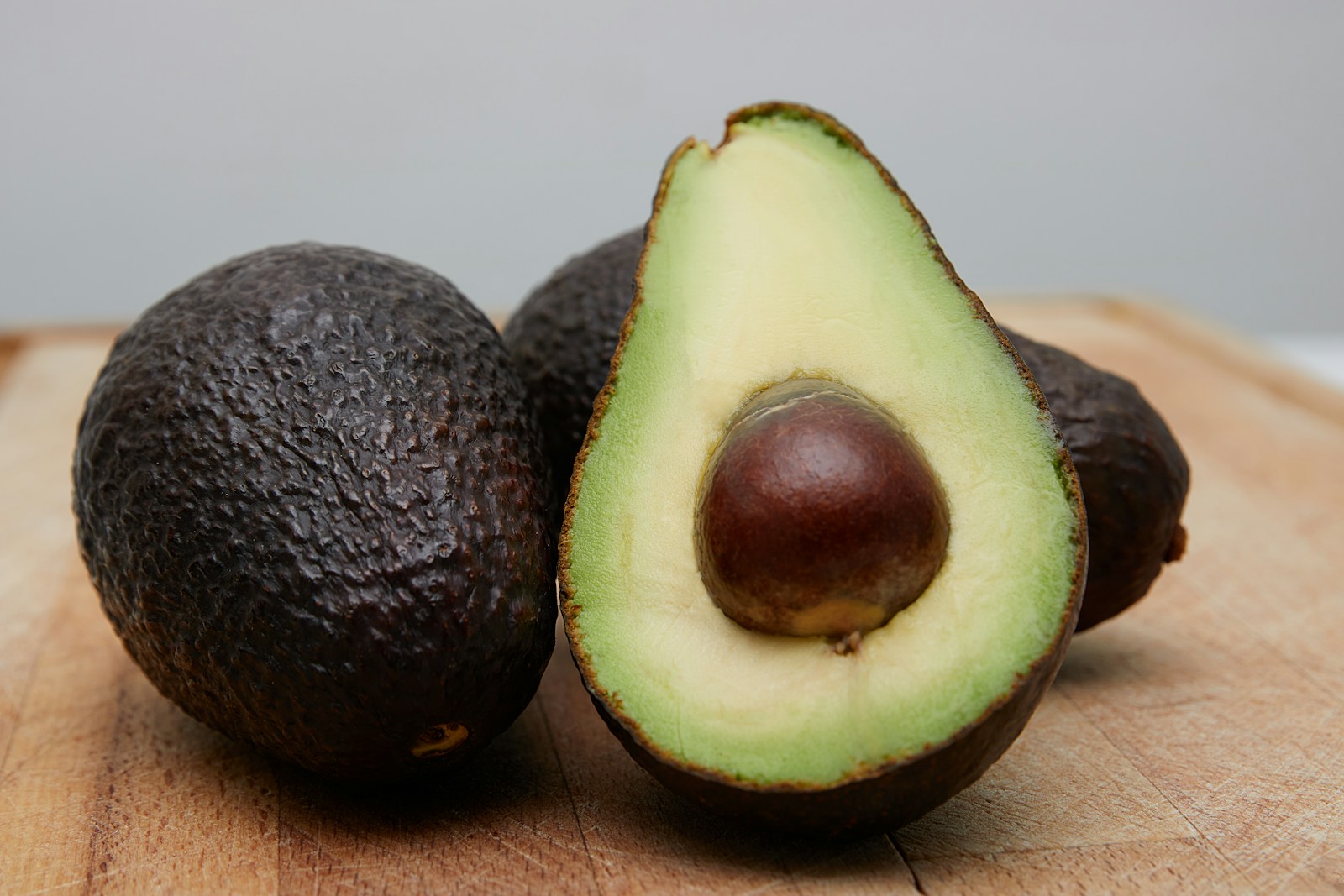
What About Persin?
Persin is a toxin in avocados that affects some animals, but the Pet Poison Helpline states persin rarely causes problems in cats. It’s in the fruit’s leaves, pits, and skin, but avocado flesh usually doesn’t contain much.
Although persin poisoning may not be an issue with small amounts of plain avocado, the fruit is simply too high in calories and contains too much fat for cats to enjoy regularly. There’s no real benefit in giving avocados to cats, and it’s best to serve high-quality cat food to ensure they stay healthy.
Do Cats Need Dietary Supplements?
Healthy cats who are eating commercial diets that meet the standards for nutritional adequacy set by the Association of American Feed Control Officials (AAFCO) standards generally don’t need to add anything extra to their diets, as they’re getting all the nutrients they need through their food.
However, veterinarians sometimes recommend that cats with specific health issues add supplements to their diets. Cats should never be given human supplements or formulas made for dogs. You can speak to your veterinarian before making any changes to your companion’s diet or giving them supplements to ensure your cat’s specific nutritional needs are met.
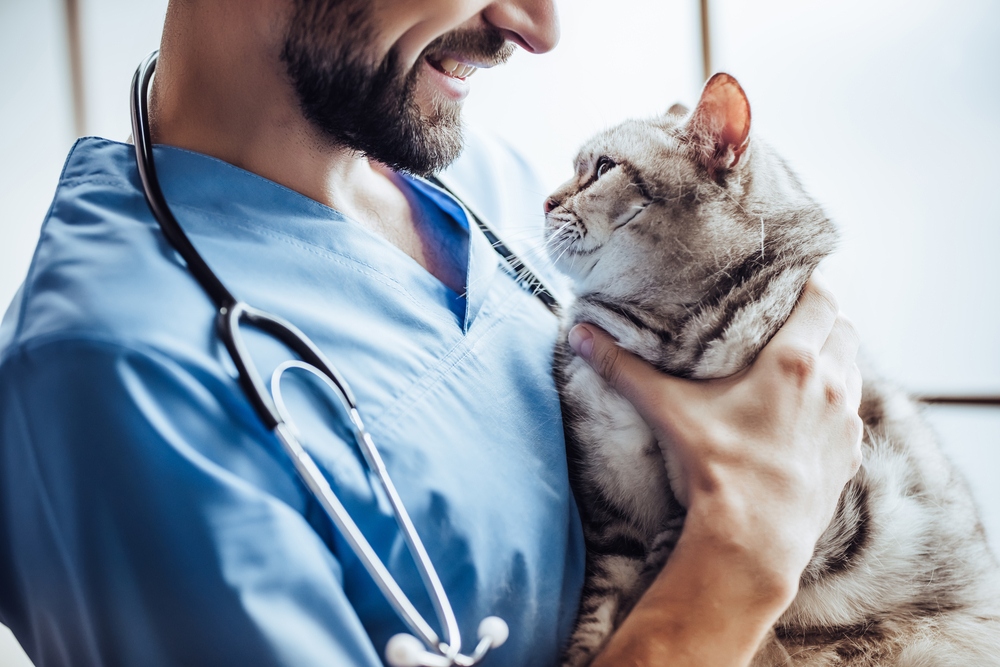
Are There Parts of Avocados That Are Particularly Problematic?
Yes. Avocado pits and skins have high levels of persin, and the pits can theoretically choke cats if broken into smaller pieces. Signs of persin poisoning include lethargy, breathing changes, diarrhea, and vomiting. Contact your veterinarian right away if you suspect your cat has eaten avocado leaves, pits, or skin peelings.
Frequently Asked Questions
Are There Human Foods Cats Can Safely Eat?
Yes. Cats can safely consume small amounts of vegetables like broccoli and sweet potatoes, pumpkin treats, blueberries, and bananas. They can also have meat and fish that have been prepared without salt, chives, onion, or other seasonings. However, cats with health issues should get veterinary clearance before consuming human food.
What About Avocado Oil?
Avocado oil isn’t hazardous, but it’s unnecessary to add it to your cat’s diet. Fish oil, assuming your cat isn’t allergic, is a better alternative, and several cat food brands include it.
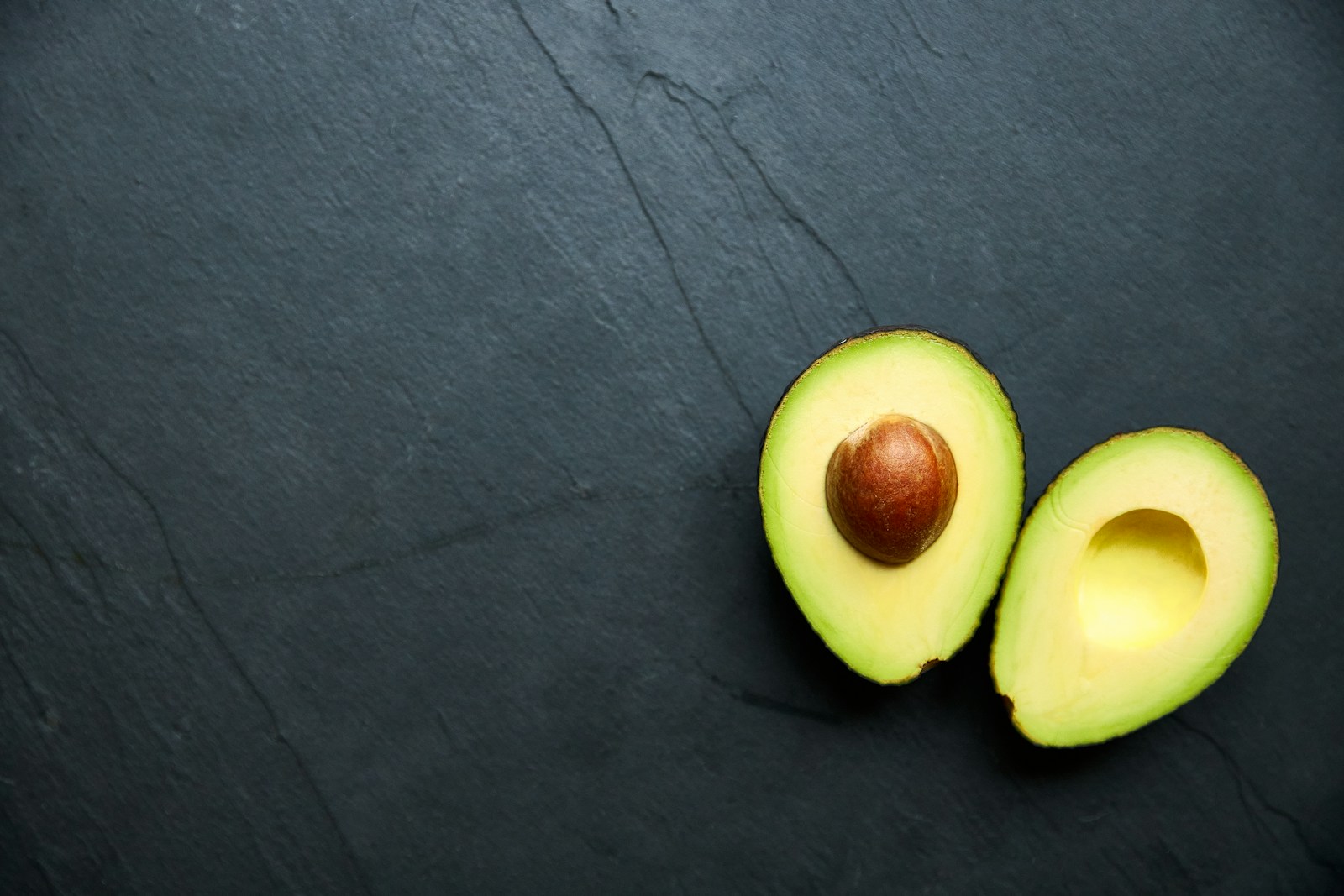
Is Guacamole Okay for Cats to Eat?
No. Guacamole contains ingredients like garlic and onions, which are toxic to cats.
Learning about what your cat can and cannot eat is a crucial part of keeping them happy and healthy! Choosing a bowl to serve cat-friendly foods in is another important decision pet owners face. Satisfy the specific needs of your cat with the innovative design of the Hepper NomNom Cat Bowl. Learn why it’s our (and our cats!) favorite food and water dish here. At Catster, we’ve admired Hepper for many years and decided to take a controlling ownership interest so that we could benefit from the outstanding designs of this cool cat company!
Conclusion
Although avocados are beneficial to humans, they’re not something that cats should eat. It’s probably safe if a healthy cat gobbles a bit of avocado that falls on the floor, but they shouldn’t eat it regularly. But avocados don’t have health benefits for cats and can actually be harmful, as they can contribute to weight gain and have the potential to cause problems such as pancreatitis when eaten to excess.

